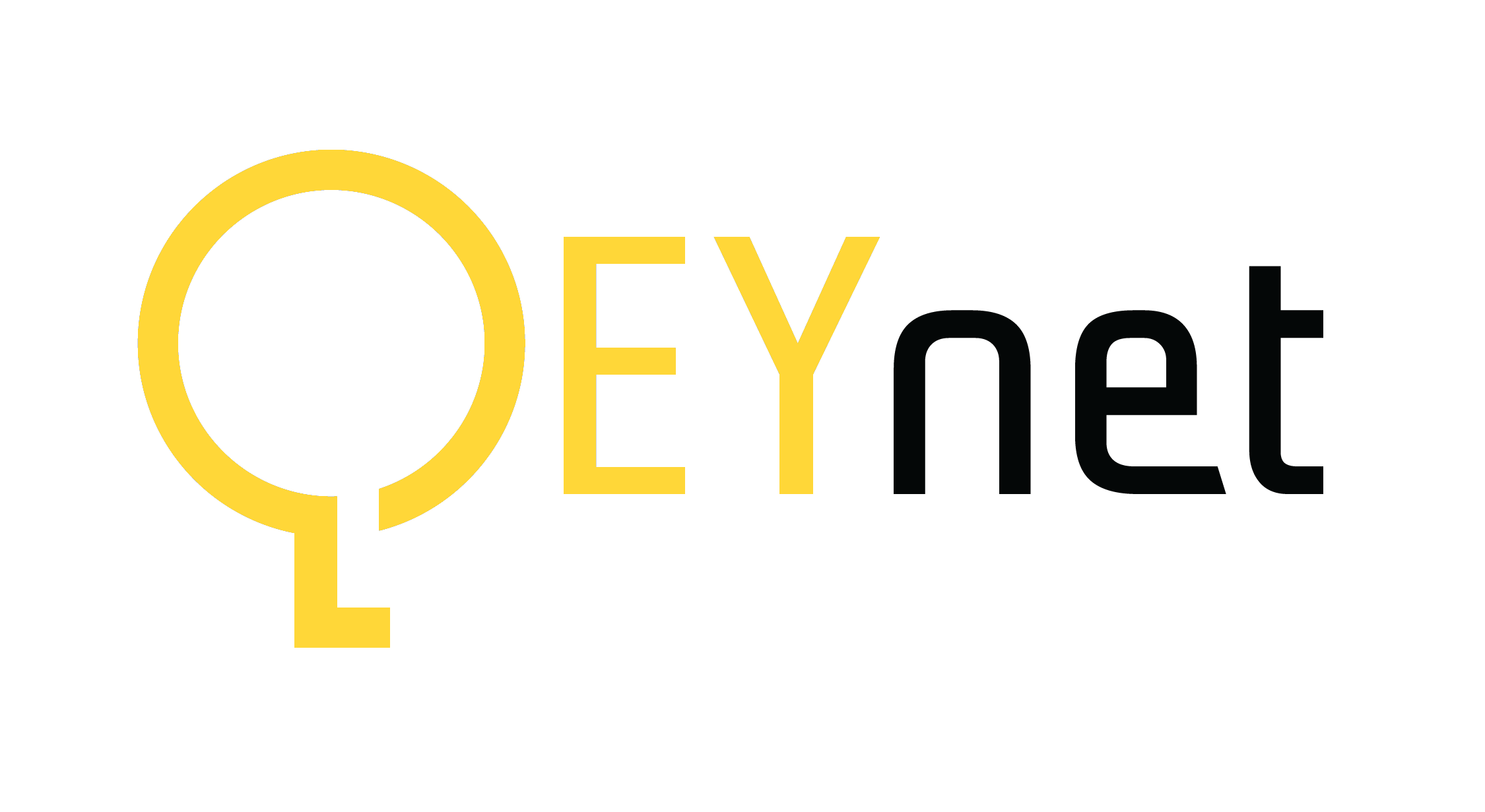Global cyber security is under imminent threat from quantum computers. QEYnet's mission: a global, low-cost, microsatellite-enabled quantum key distribution network. We are founding a new era of ultra-secure communication.
The Approaching Quantum Threat
The world has an immense looming cyber security problem. Our highly-connected modern society relies on encryption to keep its secrets, move its money and ensure its security. Encryption fundamentally relies on "keys", strings of randomly generated bits that are known only to the communicating parties. But the current way that encryption keys are exchanged, Public Key Encryption, relies on a mathematical backbone that will soon be in danger of being broken by quantum computers. Google, IBM, Microsoft and Intel are among the dozens of companies pushing the boundaries of the state-of-the-art in quantum computing. Experts predict that in less than a decade Public Key Encryption as it is currently implemented will be obsolete.
As a result, forward-thinking organizations are putting “quantum-safe” solutions in place now. This is especially critical for organizations who deal with data that has value far into the future. At the moment, these solutions take the form of new and as-yet unproven mathematical techniques (called Post-Quantum Cryptography) and Quantum Key Distribution (QKD). QKD is cryptanalytically unbreakable and, as such, forms the foundation for the most secure cryptography ever devised, making it appealing to security-conscious organizations.
QKD uses the quantum nature of individual photons to create encryption keys that are mathematically proven to be impervious to undetected eavesdropping. Currently, QKD networks exist that use fiber-optic cable to transmit these photons. But at distances longer than 100 km, transmission losses make fiber-optic QKD transmission impossible. To overcome this limitation, “Trusted Nodes” are built along the way and must themselves be physically secured. Such QKD networks cannot easily cross water or harsh terrain and the cost grows exponentially with network size. Such a brute-force approach cannot be globally scaled. QEYnet’s solution is to take those static Earth-based Trusted Nodes and make them dynamic by putting them on satellites in Earth Orbit. In space, orbiting the Earth 15 times a day, even a single satellite can provide global QKD connectivity. So, unlike many other satellite constellations, a QKD constellation grows naturally with demand.
Unconditionally Secure Key Exchange In The Post-Quantum Era

Our Mission
Our mission is to build a global Quantum Key Distribution (QKD) network using microsatellites to enable low-cost global utilization of this technology, thereby facilitating a new era of ultra-secure communication.
Our Solution
QEYnet’s solution to the quantum computing threat is to make QKD globally available by satellite. The keys generated by the satellites can be used in a variety of applications, as needed by our customers. We are using a “Newspace” approach to satellite development to minimize cost and procurement time as well as a space-based QKD payload developed by our cofounders at the University of Waterloo’s Institute for Quantum Computing. Our system works as follows:
The satellite first exchanges photons with Site A to create Quantum Key A
When the satellite passes over Site B, it repeats the process to create Key B
Key B encrypts Key A, and the result is transmitted to Earth. B can now calculate A's key
A & B use their shared key to communicate securely over the Internet
Who We Are
QEYnet was founded in 2016 by spacecraft engineers and quantum communication experts who have built their careers designing low-cost, high-performance spacecraft and ultra-robust QKD technology, respectively. Their combined experience, network partnerships, licenses, and IP position QEYnet to offer first-to-market space-based QKD, using novel techniques, at disruptive cost.
On the satellite side, our spacecraft engineering cofounders are experts in the “Newspace” approach to building spacecraft that has recently revolutionized the space industry, allowing private industry to execute missions that would have previously only been possible for large government-funded programs. This methodology allows the production of spacecraft more quickly and inexpensively than ever before, and has recently allowed unprecedented access to space for a variety of missions. QEYnet will capitalize on this Newspace revolution to build our constellation of QKD satellites.
Our QKD expertise is led by Dr. Thomas Jennewein from the University of Waterloo’s Institute for Quantum Computing. His group is world-leading in the development of QKD payloads for satellites made possible through over $7M of funding, provided primarily by the Canadian government.





